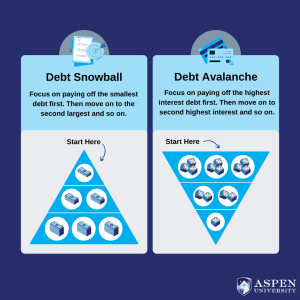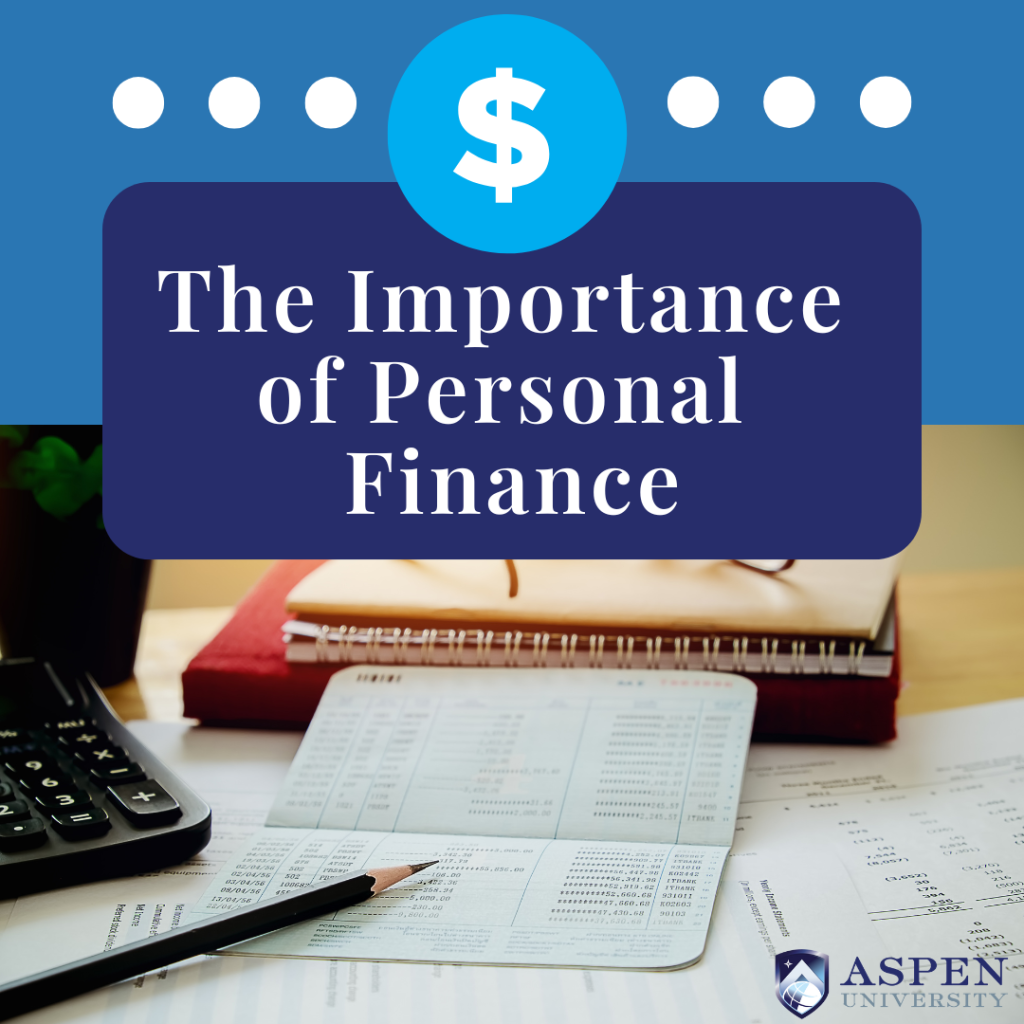Graduating from university is an exciting milestone that signifies the start of new opportunities, challenges, and responsibilities. However, amidst the celebrations and career aspirations, there’s one critical aspect many graduates overlook: personal finance. Developing strong financial habits early in your career is not just about managing money—it’s about building a stable foundation for long-term professional and financial success.
The Growing Importance of Personal Finance
1. Financial Independence is Non-Negotiable
As of 2024, about half of young adults in the U.S. reported feeling stressed about their financial situation, according to a survey by Deloitte. Graduating means stepping into a world where financial decisions—from paying rent to managing student loans—become your sole responsibility. Without solid financial knowledge, it’s easy to succumb to unnecessary debt or paycheck-to-paycheck living.
2. Early Planning Equals Greater Wealth
The earlier you start managing your money, the better off you’ll be. This article from Principal explains how individuals who begin saving and investing in their 20s can accumulate more than double the wealth of those who delay until their 30s, thanks to the power of compound interest.
3. Financial Health Drives Career Choices
Workers may avoid taking risks like switching jobs or starting a business because of financial insecurity. Economic insecurity can suppress upward mobility and limit workers’ ability to gain new skills or change jobs. Learning personal finance ensures you can make career decisions based on passion and potential, rather than financial constraints.
Essential Personal Finance Skills for Graduates
1. Budgeting
Budgeting is the cornerstone of financial management. Tools like Mint and YNAB (You Need a Budget) can simplify the process. YNAB even offers a free year of membership for all college students, check out the details here. For instance, following the 50/30/20 rule—allocating 50% of income to needs, 30% to wants, and 20% to savings—can help ensure financial balance.
2. Saving and Emergency Funds
A Bankrate report shows that only 44% of adults could cover a $1,000 emergency with savings. Graduates should aim to save three to six months’ worth of living expenses in an emergency fund to safeguard against unexpected expenses.
3. Debt Management
Student debt remains a significant challenge, with the average federal student loan debt at $37,853 per borrower. Graduates can tackle debt effectively using strategies like the debt snowball method (paying off smaller debts first) or the avalanche method (prioritizing high-interest debts).

4. Investing
Starting early with investing can yield exponential returns. For example, investing $100 a month from age 22 to 30 and letting it grow at an average annual return of 7% could result in over $150,000 by retirement, even with no further contributions.
5. Building Credit
A strong credit score saves money in the long run. According to Experian, individuals with a credit score above 750 secure loans with lower interest rates than those with average credit. This translates to substantial savings on large purchases like homes or cars.
The Professional Payoff of Financial Literacy
1. Reduced Stress, Increased Productivity
A 2015 survey by the American Psychological Association found that 72% of adults in the U.S. reported feeling stressed about money at least some of the time, and 22% reported experiencing extreme stress about their finances. This stress can lead to decreased productivity in the workplace. Graduates who manage their finances well are less distracted, allowing them to focus on career growth.
2. Room for Professional Development
Strong financial habits enable investments in career-enhancing opportunities like certifications, workshops, or advanced degrees. For example, certifications such as PMP or AWS can increase salaries, but these require upfront investment.
3. Resilience in Life Transitions
Whether it’s relocating for a job, starting a family, or navigating economic downturns, financial stability makes transitions smoother. A report from Stanford University found that populations experiencing low levels of financial resilience were impacted the most by the economic shocks of the recession and have recovered much more slowly than the general population.
Steps to Get Started on Personal Finance
- Educate Yourself: Deepen your financial knowledge with highly recommended books such as:
- The Psychology of Money by Morgan Housel: A compelling exploration of how behavior impacts financial decisions and long-term wealth.
- Your Money or Your Life by Vicki Robin: A step-by-step guide to transforming your relationship with money and achieving financial independence.
- I Will Teach You to Be Rich by Ramit Sethi: A practical and entertaining guide to automating finances, saving smartly, and investing for the future.
- Leverage Technology: Budgeting apps and financial trackers like Mint, YNAB (You Need a Budget), or Empower (formally known as Personal Capital), simplify money management and provide real-time insights.
- Start Small but Stay Consistent: Whether it’s saving $10 a week or allocating extra funds toward paying off debt, small, consistent actions lead to significant progress over time.
- Seek Professional Advice: A financial advisor or coach can help tailor strategies to align with your personal and professional goals. Platforms like Fiduciary Advisors or Wealthfront make it easier to get started.
Conclusion: Secure Your Future Today
Personal finance is more than just a skill; it’s an enabler of freedom, opportunity, and peace of mind. By mastering budgeting, saving, debt management, investing, and credit building, university graduates can lay the groundwork for a successful professional and financial future. Remember, the habits you establish now will shape your life for decades to come. Start small, stay disciplined, and watch as your efforts compound into long-term success.
Part of Aspen’s mission prioritizes keeping tuition rates low enough that a majority of our students will not incur debt through utilization of federal financial aid. Our Economic Responsibility Goal is to make it easy for students to increase their earning potential and advance their careers with a degree. Apply here and speak with an Enrollment Advisor today!
Dr. Geoffrey VanderPal, DBA, MBA, CFP®, CLU®, CTP®, PMP®, SHRM-CP®, SHRM-SCP®, CSCP® earned his Doctor of Business Administration at Nova Southeastern University and currently teaches as an adjunct faculty member in Aspen’s School of Business and Technology.

